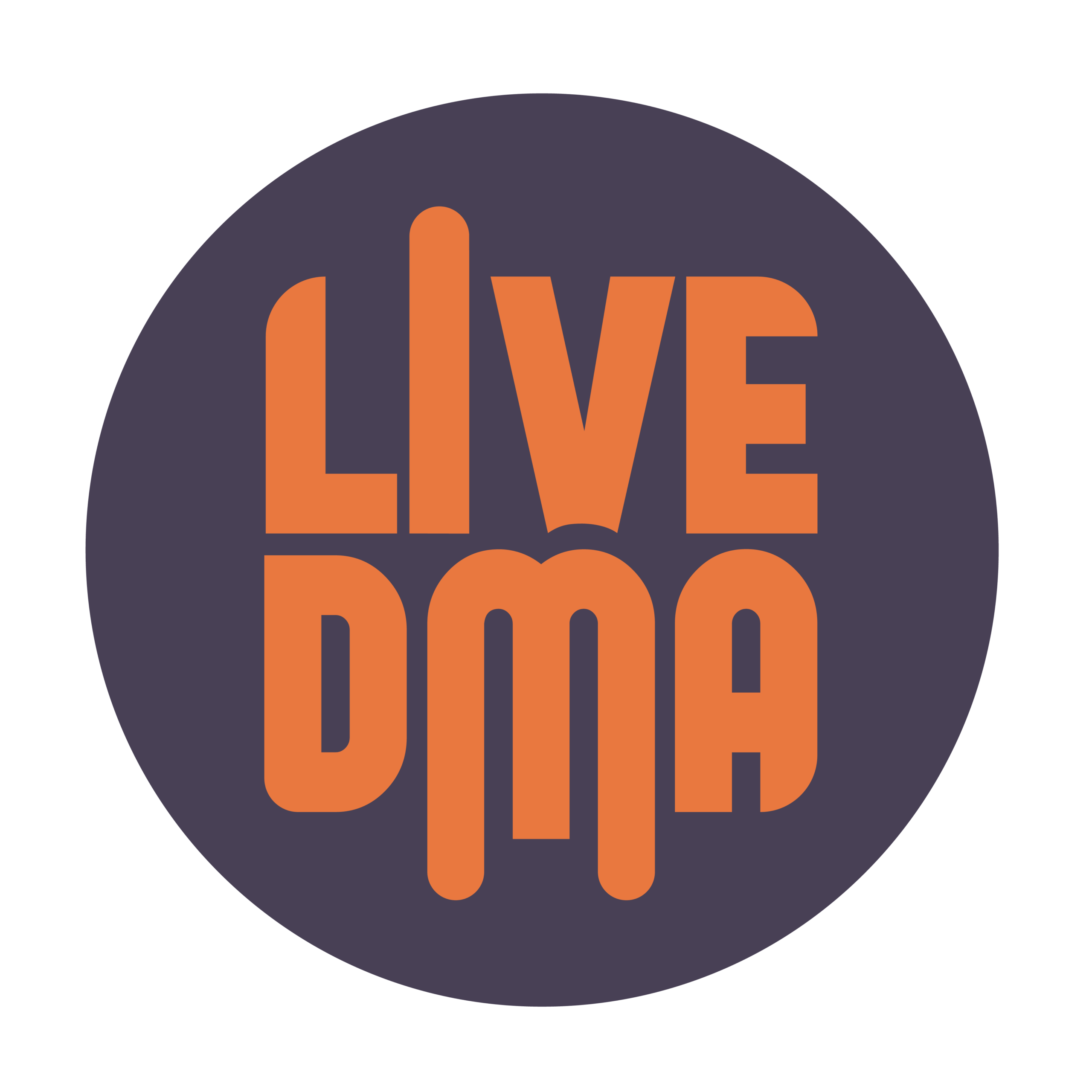Freemuse is an independent international organisation advocating for and defending freedom of artistic expression.
In 2020, they released the report on “Security, Creativity, Tolerance and their Co-Existence: the New European Agenda on Freedom of Artistic Expression”. This report, after clearly defining what is “freedom of expression” and the crucial social and political roles of artists, proposes an overview of existing international texts protecting and supporting freedom of (artistic) expression, which many countries have ratified and committed to respect.
Then, the report delves into the monitoring of the commitment made by national governments when ratifying an international text defending freedom of expression for artists. The report highlights that many countries do not respect their commitments, giving concrete and recent examples.
The report also lists the different challenges to artistic freedom in Europe, regrouping them by categories: mis-use of anti-terrorism legislation, discrimination and persecution of minorities, religion, political interest or insult to state and its symbols.
For instance, of all censorhip actions they observed, 39% of them concerned music. Music is the artform the most targeted by censorship, and musicians have their freedom of expression the most threatened. The report puts forward how, in music, certain genres are more threatened of censorship than others: rap music is disproportionally subject to punitive action.
The report then lists a series of recommendations to ensure freedom of expression for artists, targeted at all governments, the European Parliament, the European Commission and Council, the European Agency for Fundamental Rights, International bodies and Civil Society organisations.
[button url=”https://live-dma.eu/wp-content/uploads/2020/01/SECURITY-CREATIVITY-TOLERANCE-AND-THEIR-CO-EXISTENCE.pdf” target=”_blank »]Freemuse Report in PDF[/button]
“Culture takes diverse forms across time and space. This diversity is embodied in the uniqueness and plurality of the identities of the groups and societies making up humankind. As a source of exchange, innovation and creativity, cultural diversity is as necessary for humankind as biodiversity is for nature. In this sense, it is the common heritage of humanity and should be recognized and affirmed for the benefit of present and future generations.”
UNESCO UNIVERSAL DECLARATION ON CULTURAL DIVERSITY, 2 NOVEMBER 2001, ARTICLE 1 CULTURAL DIVERSITY: THE COMMON HERITAGE OF HUMANITY.
